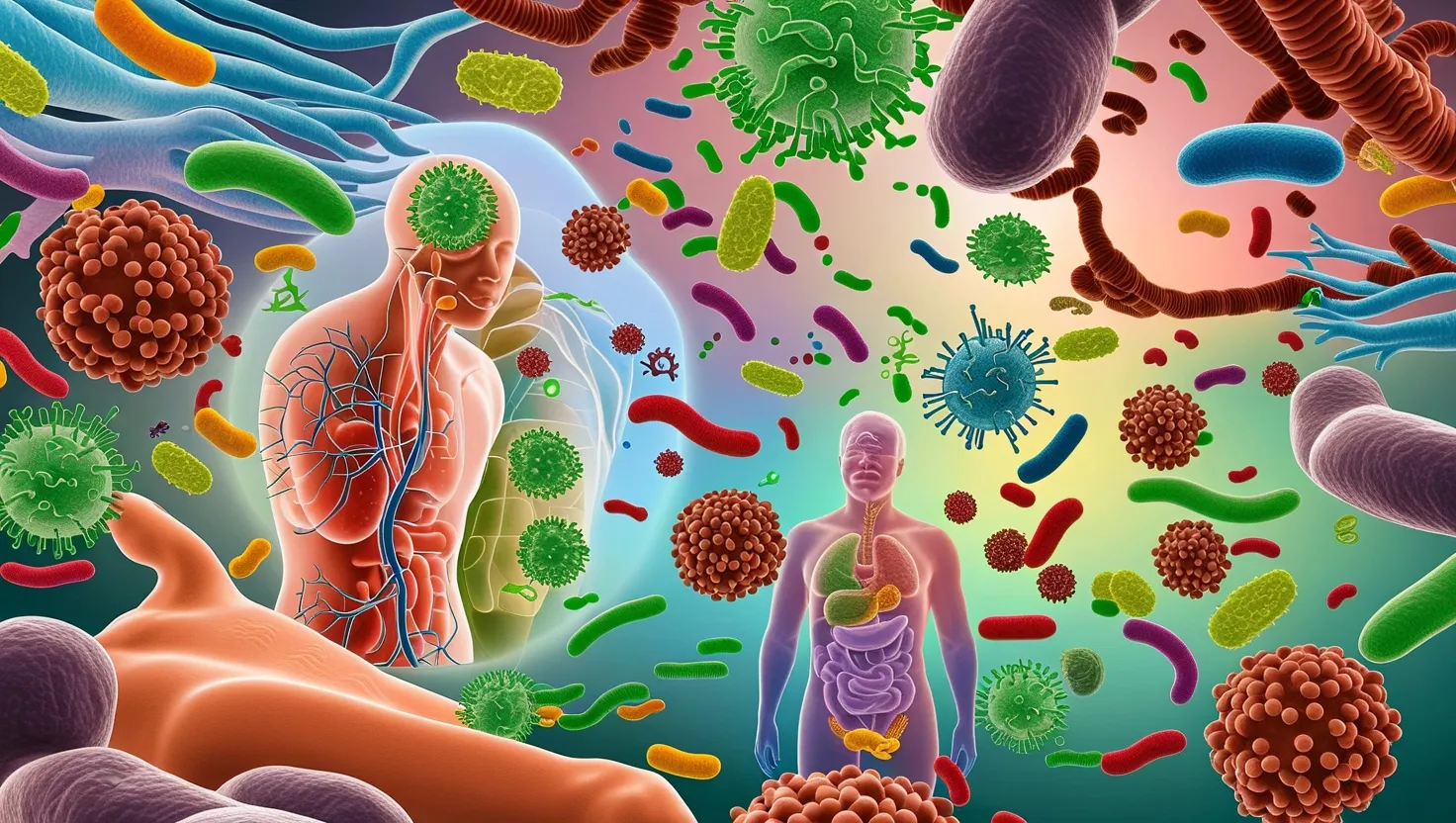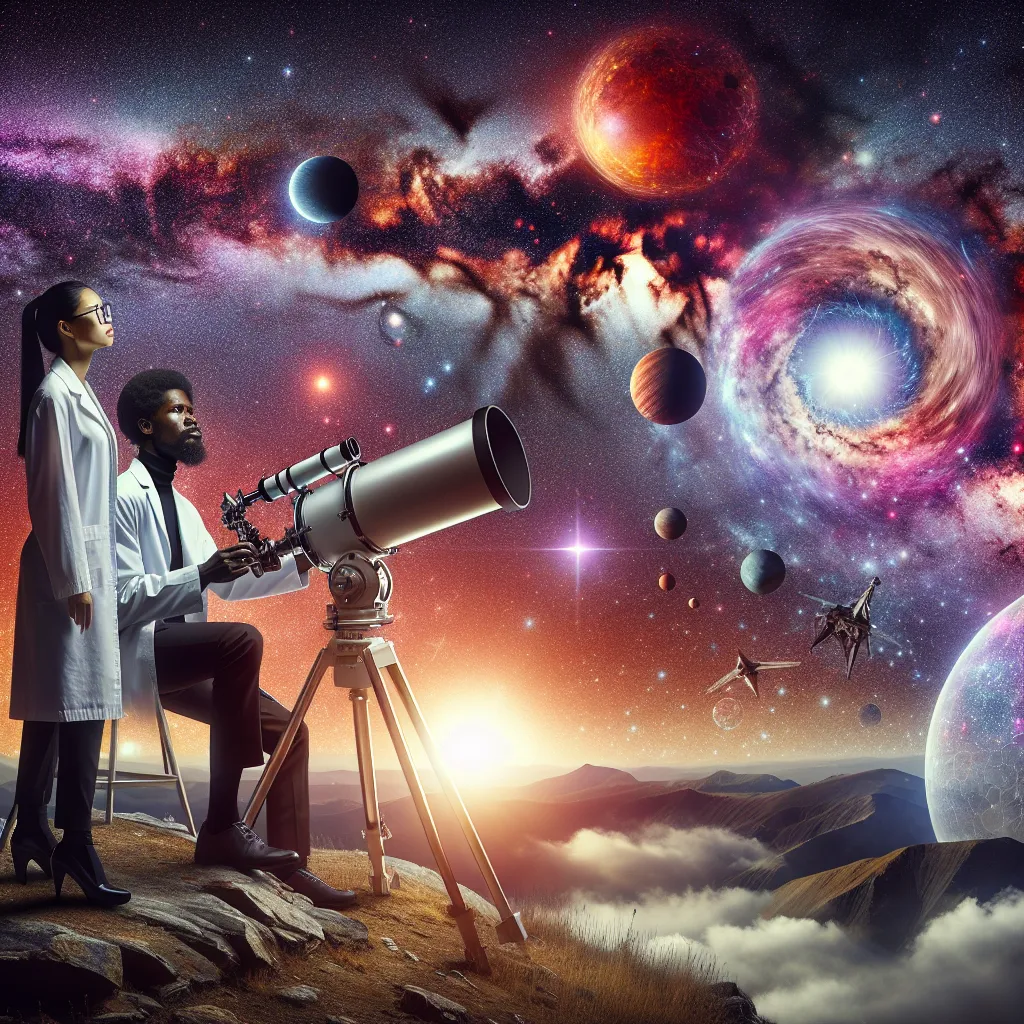As we delve into the intricate world of the human microbiome, it becomes increasingly clear that the microorganisms living within and around us are not just passive inhabitants, but active participants in our health and well-being. The recent surge in microbiome research has revealed a multitude of fascinating discoveries that are transforming the landscape of health science.
Let’s start with the gut, often referred to as the second brain. The gut microbiome, comprising billions of bacteria, plays a crucial role in our mental health. It’s astonishing to think that the majority of serotonin, the hormone responsible for our mood, is produced in the gut. This gut-brain axis is a bidirectional communication network where the gut microbiota influences the brain’s function, and vice versa. Imbalances in the gut microbiota, known as dysbiosis, have been linked to mental health disorders such as anxiety and depression. This connection challenges the traditional view of mental health as solely a brain-centric issue and opens up new avenues for treatment, including precision nutrition and personalized therapies that target the gut microbiome.
Moving to the skin, the body’s largest organ, we find another vibrant microbial community. The skin microbiome acts as a robust barrier against pathogens, preventing them from invading and colonizing the skin. Commensal bacteria on the skin fill niches, use up nutrients, and produce bioactive metabolites that have antimicrobial properties. This symbiotic relationship is essential for maintaining skin health and regulating the innate immune response. For instance, certain skin microbes can educate and regulate the immune system, preventing overactive or underactive immune responses. This understanding has significant implications for the development of novel antimicrobials and treatments for skin diseases.
One of the most unconventional yet effective treatments emerging from microbiome research is fecal microbiota transplantation (FMT). This procedure involves transplanting healthy fecal material into the colon of a person infected with Clostridium difficile, a bacterium that can cause severe intestinal disorders. FMT restores the balance of the gut microbiome, stopping the recurrence of C. difficile infections. This method highlights the critical role of the gut microbiome in maintaining intestinal health and offers a promising solution for patients who have failed traditional antibiotic treatments.
The microbiome’s impact on the immune system is another area of significant interest. From birth, the microbiome begins to shape our immune system, teaching it to distinguish between friend and foe. A healthy microbiome is essential for the proper development and function of the immune system, and any disruptions can lead to immune-related disorders. This knowledge has sparked research into how early-life exposures to microorganisms can influence long-term immune health, suggesting that interventions such as probiotics or prebiotics could be beneficial in preventing immune system dysregulation.
The oral microbiome, often overlooked, has a surprising connection to cardiovascular health. Research has shown that certain bacteria in the mouth can contribute to the development of cardiovascular diseases. For example, bacteria like Porphyromonas gingivalis, associated with periodontal disease, can enter the bloodstream and contribute to the formation of arterial plaques. This link underscores the importance of oral health in maintaining overall cardiovascular well-being and suggests that dental care could be a critical component of heart health strategies.
The vaginal microbiome plays a vital role in pregnancy outcomes, a fact that is both fascinating and underappreciated. A balanced vaginal microbiome, dominated by Lactobacillus species, is crucial for maintaining a healthy pregnancy. Disruptions in this balance, known as bacterial vaginosis, can increase the risk of preterm labor and other complications. Understanding the vaginal microbiome’s role in pregnancy has led to the development of probiotics and other interventions aimed at supporting maternal health.
Venturing beyond the human body, the soil microbiome holds a treasure trove of potential for new antibiotics. Soil microorganisms have evolved complex strategies to compete with each other, producing a wide array of bioactive compounds. These compounds have been a rich source of antibiotics in the past, and ongoing research suggests that there are many more waiting to be discovered. As antibiotic resistance becomes an increasingly pressing issue, the soil microbiome offers a promising avenue for finding novel antimicrobial agents.
Finally, the microbiome’s influence on cancer treatment efficacy is an area of burgeoning research. The gut microbiome can significantly affect how the body responds to cancer therapies, including chemotherapy and immunotherapy. Certain bacteria can enhance the effectiveness of these treatments by modulating the immune response, while others may hinder it. This knowledge has led to the exploration of microbiome-based strategies to improve cancer treatment outcomes, such as using specific probiotics or fecal transplants to optimize the gut microbiome before and during treatment.
As we continue to explore the vast and intricate world of the microbiome, it becomes clear that our health is deeply intertwined with the health of the microorganisms living within and around us. These discoveries not only expand our understanding of human physiology but also challenge traditional medical approaches, offering innovative solutions to some of the most pressing health issues of our time. By recognizing the microbiome as an integral part of our being, we open the door to a new era of personalized medicine, one that considers the complex ecosystems within us and the profound impact they have on our well-being.






